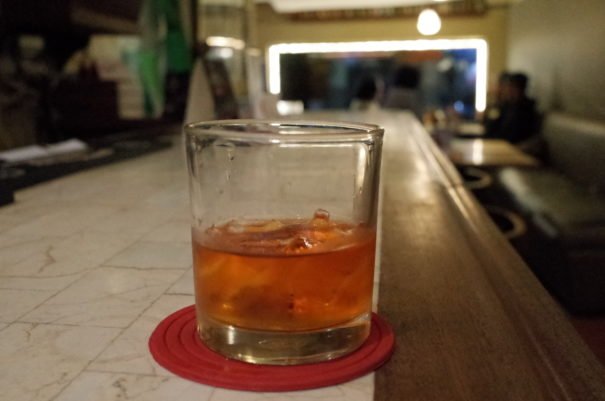
People Have Learned To Drink Early in Duterte’s Philippines

People Have Learned To Drink Early in Duterte’s Philippines

Rum in Manila
Manila is unforgiving in the summer. The densely populated city is stifling as temperatures soar. There is only the monsoon to look forward to. A refreshing mid-week beer is in order during the hotter months, but with the current string of vigilante killings, I feel the urge for a stronger drink.
The pub is along the seedier side of town in Malate, on the south side of Manila. I ask for a shot of rum on the rocks. The Spanish brought rum to the Philippines in the 19th century. The abundance of sugar cane here makes it an ideal place to produce the amber spirit.
The barkeep is preoccupied, skipping through the news channels to evade the gory images of people killed in President Rodrigo Duterte’s war on drugs. He settles on a more wholesome choice: the Food Network.
Since his term began in June 2016, President Duterte’s campaign to completely eradicate drugs in the Philippines has resulted in over 7,000 killings, mainly perpetrated at night by gun-crazy police officers and vigilantes. None have been found guilty in court. Operation Tokhang (“knock and plead”) is a community-based program: each neighborhood produces a list of alleged drug dealers and users. Police go politely door-to-door and invite suspects to sign a waiver pledging to never use or sell drugs again.
Over four million houses have been screened. Homes cleared of drug activity get a shiny sticker and a thank-you note. The better-off 10 percent of the country—who live in posh gated communities—are not targeted. The rich and upper middle-class do, however, find the time to criticize the current administration online, while the rest of the country struggles to stay afloat.
It’s mainly the poor that have been the casualties of Duterte’s war. Wealthy drug lords are entitled to a meeting with the Chief of Police and a day in court. Often, tiny packets of shabu (methamphetamine) and guns are found near corpses. Some have been shot, gagged and bound, with cardboard signs around their necks reading Pusher ako (“I am a pusher”). It’s not clear if the killings are drug-related, or simply the work of a neighbor settling an old score.
“What happened to him?” people ask on the streets after a new body is found. The most common explanation is “Nanlaban” (“he fought it out”). This single word serves as a license for the police to kill a suspect during routine checks and arrests. It absolves them from everything. Case closed.
Citizens who already lack faith in institutions and the judicial system are more likely to turn a blind eye to vigilante-style violence. A succession of unreliable leaders and their failure to combat corruption and deliver basic infrastructure and security gave the public an appetite for a strongman.
The new normal is worrisome, but the locals are unfazed. Protests are staged throughout the country, but there is not enough noise to stop the killings. The nation is keeping mum. Duterte’s approval ratings remain high: 83 percent of Filipinos are satisfied with the current operations to eradicate drugs. But 78 percent of Filipinos fear that they themselves, or someone they know, could become a victim.
The bar has filled up. People have learned to drink early since Duterte’s term. I feel lightheaded but order another round. Now, after a double shot of rum, I try to imagine every day for the next six years.